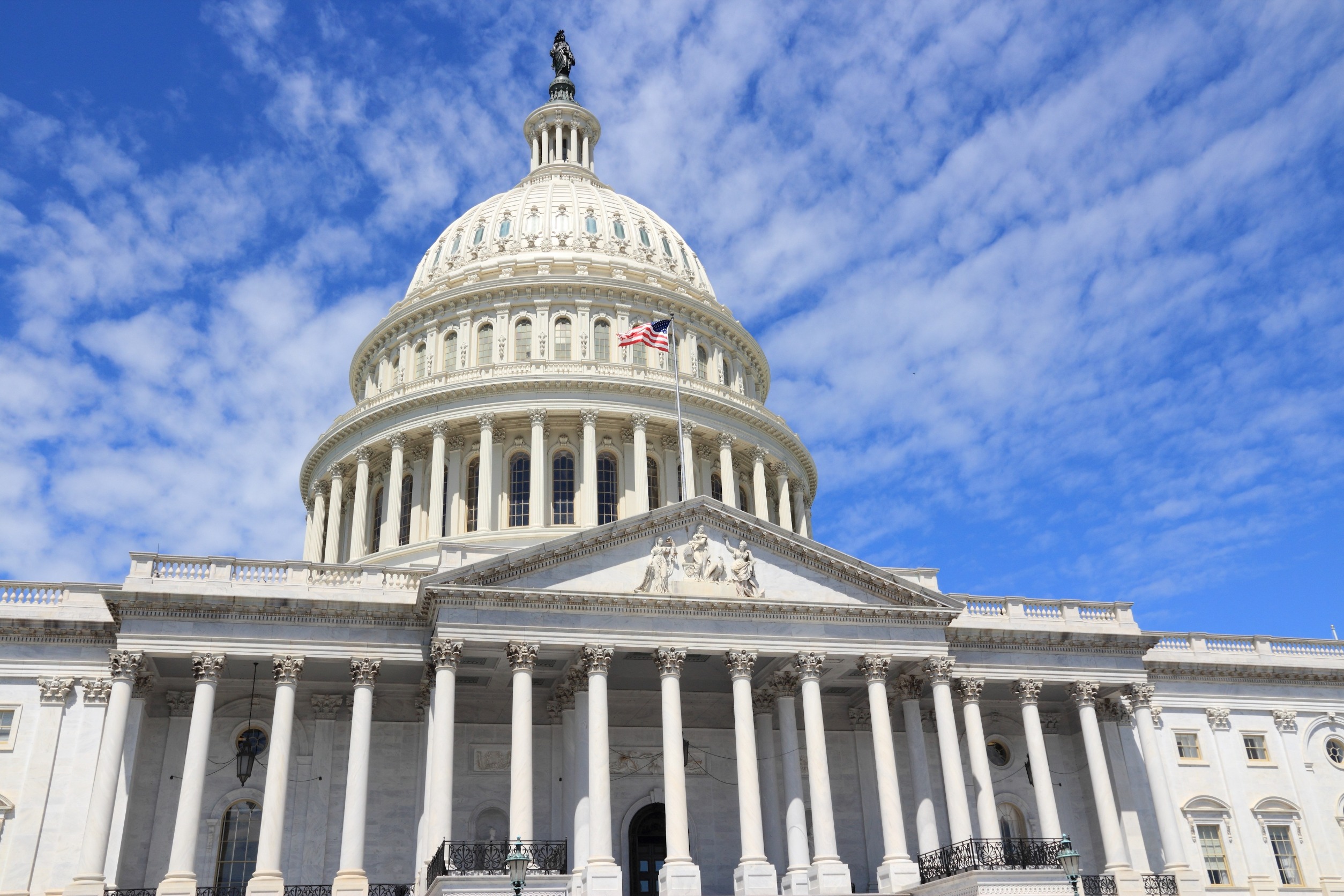Giving improves physical and mental health, enhances communal bonds, spreads wealth—and best of all, it’s contagious.
Diana Rico | December 2011 Issue
Five years ago, I was coming out of Vidiots, my favorite video store in Venice, California, when I spotted him sitting on the ground against the painted brick wall. He was dressed in rags and his skin had that dusky look of someone long homeless.
“A dollar so I can eat?” He said it by rote, without looking at me; underneath I heard no hope.
I tucked my videos under my arm, dug around in my wallet and bent down to hand him some money. As I pressed it into his palm, I made eye contact, said hello and smiled. His whole face lit up.
“Bless you! Thank you!” His watery blue eyes had that luminous, raw fragility one sometimes sees in the mentally ill. I squeezed his hand. He squeezed mine back, then fumbled through some plastic bags on the ground. Pulling out a plastic necklace, he held it out to me.
“You are a queen! You are beautiful! Thank you! Here.” The necklace was of green beads with a fake jade pendant, Cleopatra-like. I hesitated; he had so very, very little, and I knew I would never wear it. But he was insistent. “This is for you. You are a queen.” I bowed my head, suddenly overwhelmed. This unexpected exchange was cracking my heart wide open.
“If you knew the power of generosity, you would not let a single meal go by without sharing it,” the Buddha said. Indeed, generosity is so highly valued in Buddhism that “giving is the first of the Ten Perfections that the Buddha taught about,” says James Baraz, a founding teacher of Spirit Rock Meditation Center in northern California and co-author of the new book Awakening Joy: Ten Steps That Will Put You on the Road to Real Happiness.
Giving—in Sanskrit, dana—was advocated by the Buddha because it “both acknowledges the interdependence we have for each other and is the active practice of letting go, which is where freedom from suffering lies,” explains Baraz. “When we’re giving without any sort of expectation, just because we’ve been moved, we’re awakening the natural gladness that comes when the heart opens.”
We’ve all felt the high that comes from giving, the “natural gladness” Baraz talks about. Recent science suggests there is a biological basis for it. In 2006, neuroscientist Jorge Moll and a team of National Institutes of Health researchers gave subjects some money and a list of causes to which they might contribute. They found that the mere thought of giving money to charity activates the primitive part of the brain associated with the pleasures of eating and having sex. Functional MRIs indicated that donating money stimulates the mesolimbic pathway, the reward center in the brain, which is responsible for dopamine-mediated euphoria.
A year later, a study by Ariel Knafo and other researchers from the psychology department at Hebrew University in Jerusalem discovered evidence for a genetic predisposition toward giving. Participants in a staged game were given money and told they could give all, part or none of it to an unidentified player. The subjects’ DNA samples were analyzed and compared against their reactions. Those who had certain variants of a gene called “AVPR1a” gave an average of nearly 50 percent more money than those not displaying that variant. AVPR1a facilitates the production of a receptor that enables the social-bonding hormone arginine vasopressin to act on brain cells. “The experiment provided the first evidence, to my knowledge, for a relationship between DNA variability and real human altruism,” wrote Knafo.
It is somehow heartening to discover we’re hard wired for behavior that all the great spiritual traditions have urged for centuries. In 2 Corinthians 9:7, Paul exhorts, “Every man according as he purposeth in his heart, so let him give; not grudgingly, or of necessity: for God loveth a cheerful giver.” In the Qu’ran, the practice of zakat, or “alms giving,” is one of the Five Pillars of Islam; it is intended not only to provide welfare for needy Muslims but to purify the spirit of the giver (who is cleansed of greediness and selfishness) and the receiver (who is saved from the humiliation of begging and envy). The Torah orders, “If there is a needy person among you, don’t harden your heart; don’t shut your hand against your needy kin. For there will never cease to be people with need in your land, which is why I command you to open your heart to the poor and to the needy kin in your land.”
In my parents’ families, which suffered hard times in the Great Depression in Puerto Rico, giving was valued as an outgrowth of their faith. My maternal grandmother, widowed as a young mother in her twenties, worked two teaching jobs to support not only her daughter but her own mother and the children of her mentally ill brother. “She was so generous,” my mother recalls. “On Saturday the campesinos [peasant farmers] would come to ask for alms, and she would save food for them, give them coffee, give them a little money. She would also find medical care for people who needed it and arrange for them to go to the hospital without paying. She felt that God had given her so much that she had to help people who were in need.”
My father, the youngest of seven children, was lucky to get hand-me-down shoes to wear, but nonetheless my grandparents fed and housed an ever-evolving array of cousins, aunts, uncles, family friends and acquaintances; no one was ever turned away. “Mamá would share what she had with people whom she thought were in a more needy situation than her,” remembers my father. “She was very strapped for money, but her sense of compassion and charity were very high. Papá would go along with that; he was very generous too.”
Feeding others is a classically human way of bonding; it likely has its roots in that most basic of interactions, the mother feeding the child. James Baraz recalls being at a meditation retreat in Massachusetts, washing pots and pans in the kitchen: “Here comes the manager of the retreat center, and he has something wrapped in aluminum foil. ‘This is for your good work.’ It’s this really big piece of cheesecake with glaze and nuts—at this retreat, an extra piece of bread and tea were a big deal. I broke it into four pieces, kept one, and put three pieces in the bowls of some other yogis I felt connected with. At tea time, I watched and saw each person’s mouth drop. And then one person took her piece and broke it into another bowl to give away. The interesting thing is that 30 years later, I still feel a connection with five other people through that sharing.”
Scientists would say Baraz’s feel-good sensations are biochemically rooted. “Your good chemicals like dopamine and serotonin are actually evoked by self-giving love,” Stephen Post explains, co-author of Why Good Things Happen to Good People: How to Live a Longer, Healthier, Happier Life by the Simple Act of Giving and the founder and director of the Center for Medical Humanities, Compassionate Care and Bioethics at Stony Brook University Medical Center. Post defines self-giving love as “compassionate care for others that is unconditional; it’s not dependent on reciprocation.”
So are we neurologically programmed (and biochemically rewarded) to give because we get an evolutionary advantage by strengthening social bonds, which helps ensure the survival of the group? Quite possibly, since the impulse can even be seen in one of our closest primate relatives. Duke University’s Brian Hare and Suzy Kwetuenda from Lola y Bonobo, a Congolese center for orphaned bonobos (a type of chimpanzee), gave hungry bonobos access to a room containing food one by one. The bonobo could see into two other rooms, one empty and one containing another bonobo. “We found that the test subjects preferred to voluntarily open the recipient’s door to allow them to share the highly desirable food that they could have easily eaten alone,” Hare wrote when the study was published in the journal Current Biology earlier this year.
Giving doesn’t only strengthen social bonds and make you feel good—it can also measurably impact your health, both physical and mental. Writer Cami Walker experienced this firsthand. In her early thirties, newly married and working a high-powered advertising job, Walker was stricken with multiple sclerosis (MS). She lost the use of her hands, then vision in one eye; the fatigue and numbness that come with the incurable neurological disease debilitated her. Within two years, she had quit her job, developed an addiction to prescription drugs and become completely dependent on her husband.
It’s good to give
More of Today's Solutions
Women in New Mexico make history with legislative majority
BY THE OPTIMIST DAILY EDITORIAL TEAM With 60 of the 112 seats in the state legislature, New Mexico women have set a new benchmark ...
Read MoreRat patrol: African rodents trained to sniff out smuggled wildlife products
BY THE OPTIMIST DAILY EDITORIAL TEAM Move over, sniffer dogs! Scientists in Tanzania are now using African giant pouched rats to locate smuggled wildlife ...
Read MoreNeed more vitamin D? Add these 5 foods to your diet
The shorter days of winter months means most of us are spending less time in the sunshine than we used to. As we head ...
Read MoreBritish 13-year-old finds hoard of Bronze Age artifacts with her metal detector
Thirteen year old Milly Hardwich was using her metal detector for the first time in Royston, England when she came upon something unexpected. Milly ...
Read More










